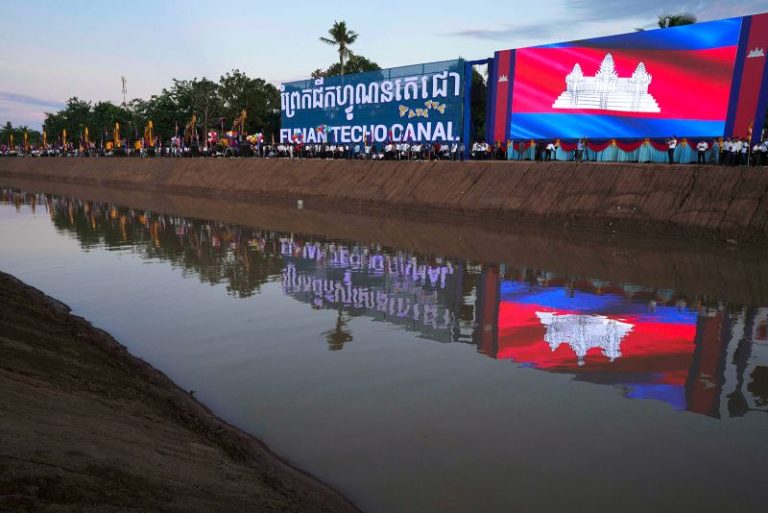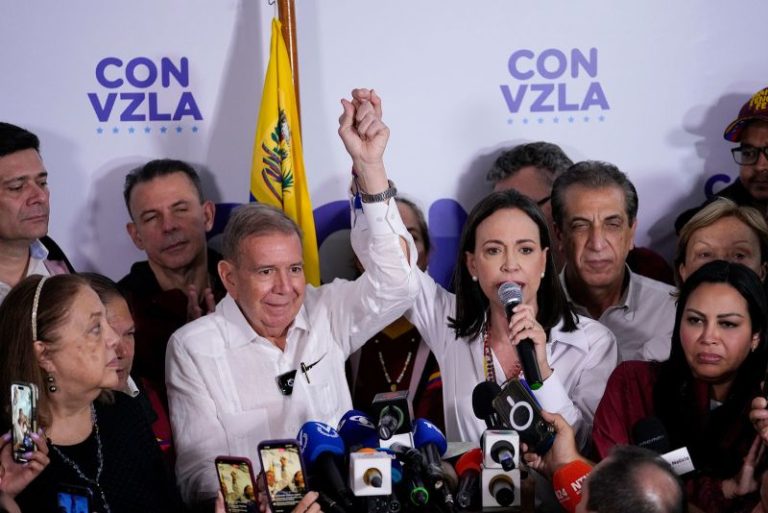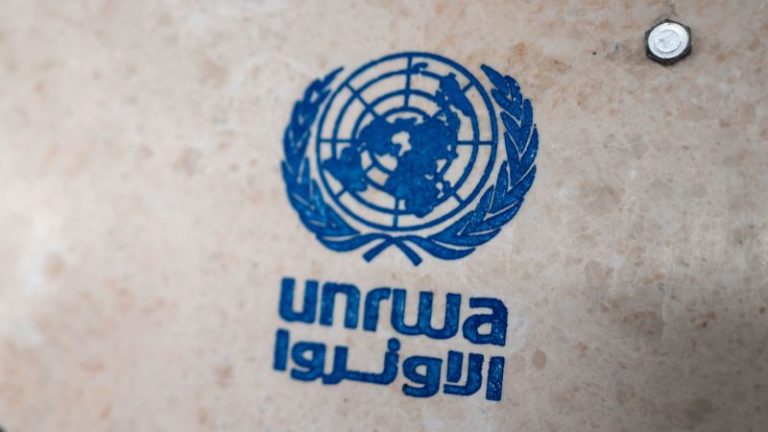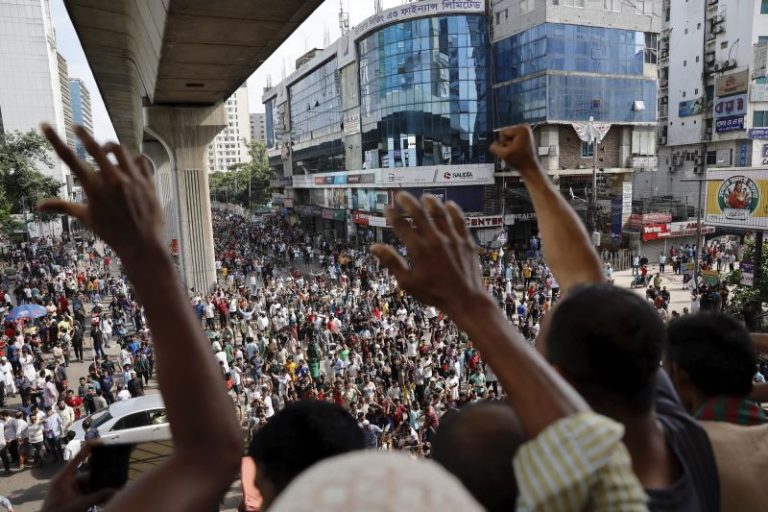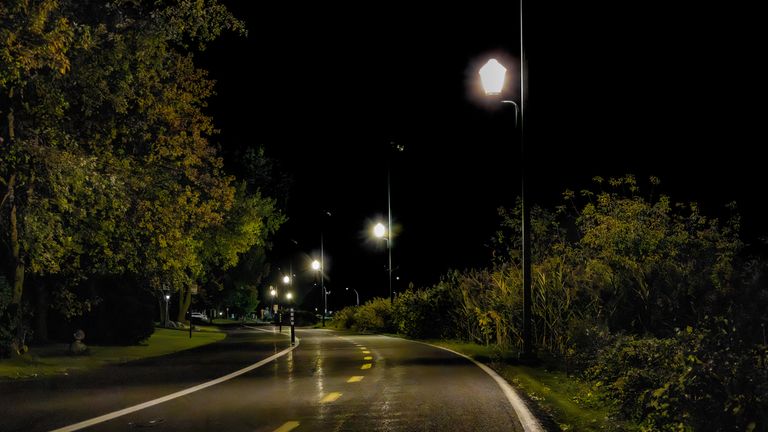Prek Takeo, Cambodia — Cambodia broke ground Monday on a controversial, China-funded canal to link the capital Phnom Penh to the sea, despite environmental concerns and the risk of straining ties with neighboring Vietnam.
The $1.7 billion, 180-kilometer (111 miles) Funan Techo canal is planned to connect the country’s capital with Kep province on Cambodia’s south coast, giving it access to the Gulf of Thailand.
Cambodia hopes the 100-meter (328 feet)-wide, 5.4-meter (17.7 feet)-deep canal will lower the cost of shipping goods to the country’s sole deep-sea port, Sihanoukville, and reduce reliance on Vietnamese ports.
The project highlights the outsized role that China plays in Cambodian politics and economy. Meanwhile, concerns remain about the potential environmental impacts of the canal, especially on the flow of the Mekong River, which feeds millions of people across six countries through its fish and the agriculture that it sustains.
The project has Vietnam worried, both about the effect on its Mekong Delta rice-growing and about Cambodia moving out of its orbit, said Nguyen Khac Giang, an analyst at Singapore’s ISEAS-Yusof Ishak Institute.
“There is a concern that most of the Cambodian exports might be diverted from the current route, crossing the Vietnamese border to Vietnamese ports and moving away from that to Cambodian ports,” he said.
But Hanoi has expressed its concerns quietly, if at all, Giang said. Given the “complex historical legacy” between Cambodia and Vietnam — despite strong bilateral ties, the two nations have a contentious relationship — Vietnam is reticent to openly criticize Cambodia lest it be seen as impinging on its neighbor’s sovereignty, he said.
Analysts say that the infrastructure project is in part an effort by Cambodia’s ruling elite to invigorate support for Hun Manet, who last year took over the wheel of government from his father, Hun Sen, who led Cambodia for 38 years.
The government declared Monday — also Hun Sen’s birthday — a holiday so Cambodians could participate in the “celebration in a joyful, crowded and proud manner.” Thousands of people wearing t-shirts with photographs of the father and son began gathering at the canal site, that was covered in Cambodian flags. Billboards promoting the economic benefits of the canal dominated the countryside.
The canal will promote “national prestige, the territorial integrity and the development of Cambodia,” Manet said, adding that the country had built bigger and more expensive infrastructure projects before. But this “historic” canal was different and had nationwide support, he said.
“We will build this canal, no matter the cost,” he said.
He emphasized that while the canal would be jointly built by Chinese and Cambodian companies, the latter would have a 51% majority share and thus maintain control. Deputy Prime Minister Sun Chanthol confirmed that the Chinese state-owned construction giant China Road and Bridge Corporation had landed the contract to build the canal.
The US-based nonprofit Stimson Center has warned that the canal would cause “significant transboundary impacts to water availability and agricultural production in Vietnam’s Mekong Delta.” The region is where 90% of rice exported from Vietnam is grown.
The Cambodian government has dismissed these concerns.
Earlier in April, Vietnam had asked Cambodia to share information about the canal. “We have asked Cambodia to collaborate closely with Vietnam and the Mekong River Commission in sharing information and assessing the project’s impacts on water resources and ecosystem in the Mekong Delta region.”
Cambodia is a key Chinese diplomatic partner, helping dampen criticism of Beijing within the 10-member Association of Southeast Asian Nations, several of whose members, including Vietnam, are engaged in territorial disputes with China in the South China Sea.
China’s outsized presence can be seen in the numerous Chinese-funded projects, hotels and casinos dotting the Cambodian landscape. China’s state banks have financed airports, roads and other infrastructure built with Chinese loans. Nearly 40% of Cambodia’s over $11 billion in foreign debt is owed to China.
In June 2022, China and Cambodia broke ground on a naval port expansion project that has raised concerns from the U.S. and others that it could give Beijing a strategically important military outpost on the Gulf of Thailand. Hun Sen in 2019 reportedly granted China the right to set up a military base at the Ream Naval Base. He has long denied that, saying Cambodia’s Constitution prohibits foreign military facilities.

